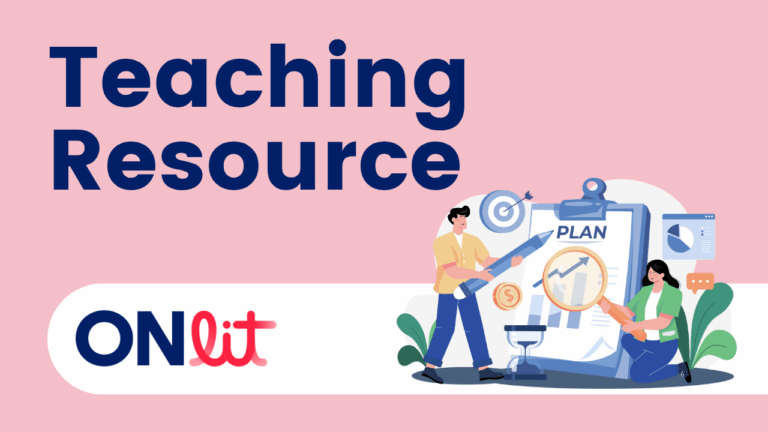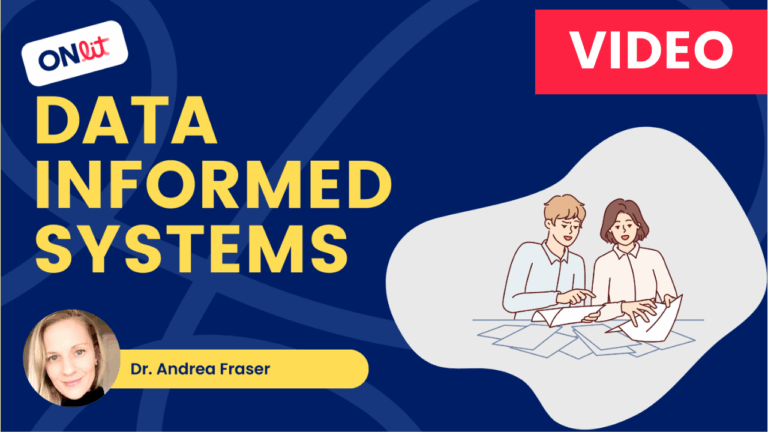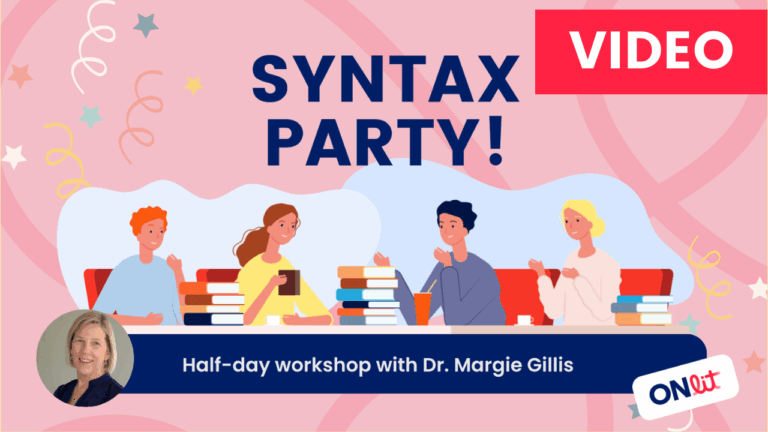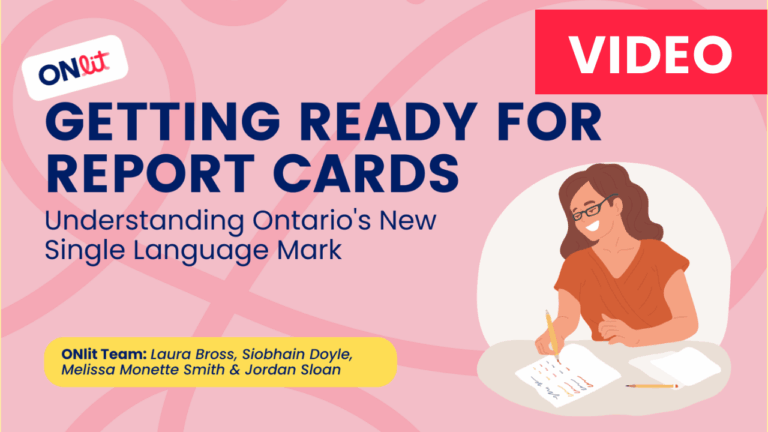Structured Journal Template
This structured journal template, based on the work of David Liben and Meredith Liben, can be used to introduce students to the use of structured journals in their close reading of texts. While this work can be started orally with younger students, this template will be best-suited for Grades 3 and up. Before using this…









